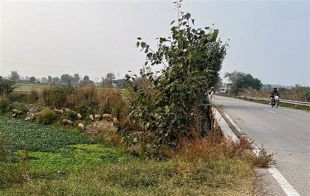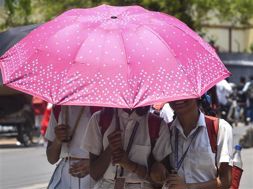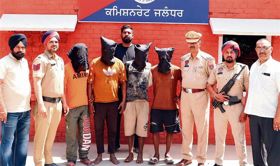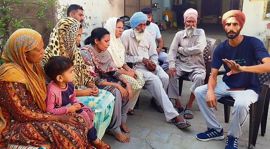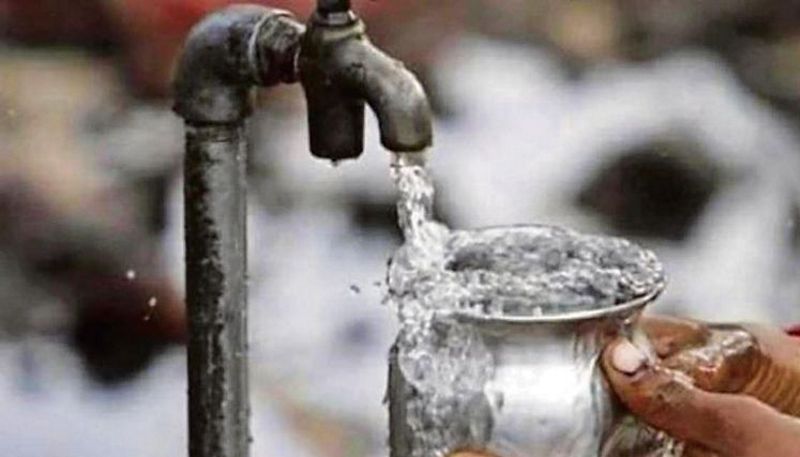
Photo for representation. File photo
New Delhi, June 9
A new WHO report has estimated that India’s ongoing ‘Har Ghar Jal’ campaign had the potential to avert nearly four lakh diarrhoeal deaths and prevent loss of productive days caused due to unclean drinking water.
The report, launched in the presence of NITI Aayog member (Health) VK Paul and Vini Mahajan, Secretary, Water Resources, estimates that ensuring safely managed drinking water for all households in the country could avert nearly 4,00,000 deaths caused by diarrhoeal diseases and prevent over 140 lakh disability adjusted life years (DALYs) related to these diseases. “This achievement alone would result in estimated cost savings of up to $101 billion,” it says.
Speaking on the occasion, Mahajan said rural tap water connections in India increased from 16.64 per cent in 2019 to 62.84 per cent within a span of 41 months, representing an average annual increase of 13.5 per cent compared to a mere 0.23 per cent per annum.
The analysis indicates that in 2019, unsafe drinking water, along with inadequate sanitation and hygiene, contributed to 14 lakh deaths and 740 lakh DALYs globally.
The report says that in 2018, women in India spent an average of 45.5 minutes daily collecting water to meet household needs. Overall, households without on-premises water spent a staggering 666 lakh hours each day collecting water, with the majority (558 lakh hours) occurring in rural areas. “Universal coverage through tap water provision will result in substantial savings by eliminating the need for daily water collection efforts,” it adds.
WHO monitors various Sustainable Development Goal indicators, including the proportion of the population using safely managed drinking water services and mortality related to unsafe water, sanitation and hygiene.
Health consequences
The WHO report says in 2018, 36 per cent of India’s total population, including 44 per cent of the rural population, lacked access to improved drinking water sources on their premises and direct consumption of unsafe drinking water had severe health consequences.
Join Whatsapp Channel of The Tribune for latest updates.






















